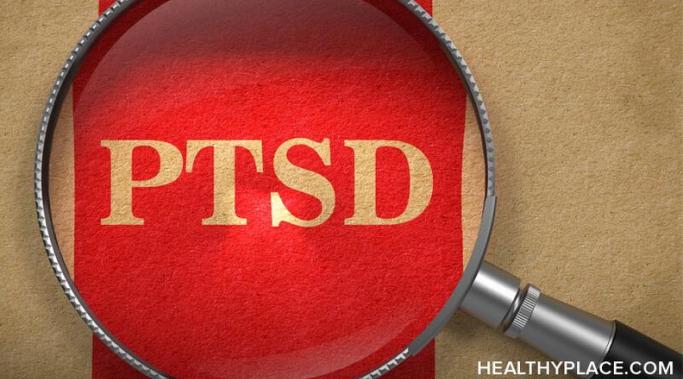Blogs
Many people who are dealing with mental health issues like anxiety and ADHD look for additional and alternative treatments to medication. One thing that these people find challenging is finding credible information and sources. Our guest, Jeff Lewis, MSSW, LSCSW, BCIAC is a Licensed Specialist Clinical Social Worker and a Fellow of the Biofeedback Certification Institute of America. He has been in clinical practice for 17 years. Jeff Shares with us the descriptions of biofeedback and neurofeedback, its application, and how to find trusted sources for treatment.
It feels like we stepped into a time machine and it's 2005 once again . That was the last time Ben was admitted to the psych ward in this hospital. And now, we're back. I've gone from stone-faced shock (Friday) to tears of helplessness and grief (Saturday), to a determination to enjoy Fathers' Day despite the fact that Ben can't be with us (today). And now, with all distractions gone, it's early in the morning and I can't sleep. My head is spinning with all I must do tomorrow to try and bring Ben back to life again. If I can.
Logic tells me that my control is limited at best: this is Ben's journey, these are Ben's decisions. He has somehow managed to stop taking his meds again, and now it's as if the past six years of success - college classes, increased responsibility, full participation in family, and finally employment - are all in jeopardy.
But the mother in me is absolutely livid.
On a scale of 1-10 how annoying is it when therapists ask questions which sound more like triage than psychotherapy?
One of my commenters took me to task for not talking much (or indeed at all) about the behavioral side of cognitive behavioral therapy (CBT) in a recent post. I shall now regale you with exciting tales of behavioral psychology in order to rectify the situation. Or not, since I expect your definition of exciting extends a touch beyond this topic.
My somewhat love-hate relationship with the B part of CBT aside, the real question is what works.
I am suffering through a bout of codependency. I came to recognize codependency during my abusive marriage but largely forgot about it during the past months because my abuser isn't around to abuse me (as much) since our separation. However, I am discovering that my new abuser is me. I don't have a completely healthy relationship with myself yet - but I will change that.
Geesh. Just when I thought I was done with "the hard stuff" codependency returns to bite me in the ankle.
Some people believe that the term "borderline" is stigmatizing and inaccurate. Should BPD be renamed? If so, what should it be called?
I don't trust celebrity parents when it comes to parenting advice. Color me cynical, but I just don't think Angelina Jolie is any authority on potty-training anymore than Madonna would be on talking to your child about sex.
But you know what they say about desperate times calling for desperate measures.
The glare of the dressing room's lighting was unforgiving and pointed out every flaw — real and imaginary — on my body. My thighs were too wide, my stomach too round, and my overall body too short and squat. I didn't have the flawless, smooth and stubble-free underarms and legs of a magazine model. I wanted it to magically become wintertime again so I could hide my body under leggings, loose jeans, and oversized sweaters.
I kept telling myself that the sizes didn't matter, that these labels were an arbitrary measurement most likely chosen with little thought by some clothing manufacturer in China or Taiwan.
But part of my mind wasn't buying it. As I stood contemplating the clothes and the various sizes surrounding me, I felt a little dizzy and my first inclination was to run as fast as I could from the dressing room.
I think there are three broad reasons why people remain in abusive relationships:
The victim doesn't realize they're being abused.
The victim knows they're being abused, but doesn't want to leave the relationship.
The victim knows they're being abused, but isn't ready to leave due to finances, values, fears, or any other reason.
I certainly honor each group's position. After all, I've been in each of the three groups at one time or another. This story occurred when I was unsure about leaving and making plans on how to stay married to my abusive husband.
Mood trackers aren't just for depression or bipolar. They can help you recognize and manage panic, anxiety and stress. Anxiety affects people's moods and many people struggle with depressive symptoms as well as anxiety issues. Crucial to treating anxiety is understanding how symptoms overlap and how that affects you.
Traumatic experience of many kinds, as well as repeated exposure to trauma, can lead to PTSD. Our guest, Michele Rosenthal, experienced a very traumatic event at the age of 13 and lived 24 years before a diagnosis with PTSD helped her to heal.









I wish I could control it a bit better but I refuse to beat myself up over it either.
:)